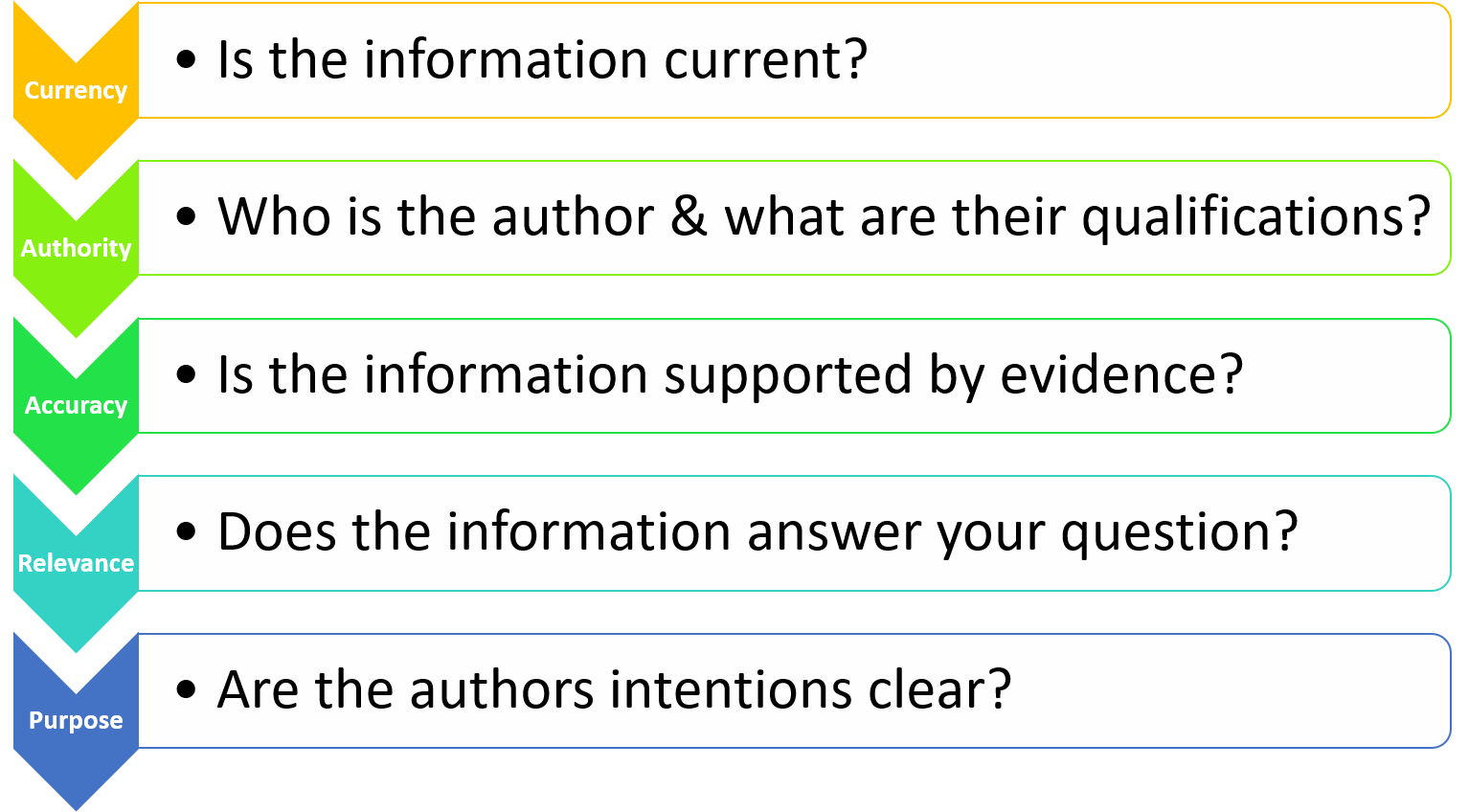Evidence-Based Practice For Massage Therapists: Part 1
/Evidence-Based Practice For Massage Therapists: Part 1
Massage therapists are learning to adapt to the ever-changing landscape of pain management, but the future's looking bright. A number of practice guidelines now recommends the use of massage therapy as part of a multi-modal approach for chronic pain.
Part of being a recognized treatment option for a chronic pain means the profession is moving into new formal settings. As part of this shift, it is important that therapists learn to think critically and evaluate research.
In an effort to bridge the gap between research and clinical practice, I have compiled a two part post (part 2 is here) listing a number of resources setting groundwork for evidence-based practice.
Introduction to Evidence-Based Practice
In part one we are covering how massage therapists can establish a personal learning network, readers will also be introduced to the CAARP method of evaluating information. Followed by the hierarchy of evidence pyramid, a chart that provides an overview of various levels of scientific research.
In part two we will introduce academic journals and research databases, tips for accessing free articles, and how to get involved in research.
Defining Evidence-Based Practice
Evidence based practice is a process intended to optimize decision-making by emphasizing the use of evidence from well designed research. This includes the use of logical reasoning and the gathering of ideas and knowledge from many overlapping disciplines.
Evidence-based practice systematically integrates research evidence with clinical expertise and patient values to achieve the best possible patient management, while minimizing the potential for harm.
• Clinical Expertise - This is used to create unique evidence based outcomes and results with patients on a case by case basis. Making sound decisions requires the clinician to expertly assess the patient’s personal, social, and clinical context and integrate this information with the values and preferences of the informed patient.
• Patient Values - A number of biopsychosocial factors may influence your decision making based on patient unique goals and needs. Therapists needs to be able to hear the patient’s values, create a working relationship with the patient, involve the patient in developing the plan of care and use his/her clinical expertise and allow the evidence to guide this process, rather than dictate it.
• Research Evidence - Research's main role is to help guide clinical decisions and to warn of known harm, the higher the quality of the evidence the more confident we can be as a therapist making an informed decision.
Evaluating Resources
The CAARP Method
In this age of ‘new media’ and 'fake news' it is important to be able to critically evaluate information. If you are unsure of the validity of what you are reading The CAARP Method is a simple acronym will simplify the way you evaluate information.
Integrating Research Into Practice
Evaluating research involves ranking studies based on their methods. The Hierarchy of Evidence Pyramid provides an overview of various types and levels of scientific research. Systematic reviews sit at the top of the pyramid, followed by randomized control trials and observational studies. Expert opinion and anecdotal experience are ranked at the bottom.
The Hierarchy of Evidence Pyramid
More To Explore
Baskwill, A.J., Dore, K. (2016). Exploring the awareness of research among registered massage therapists in Ontario. J Complement Integr Med.
https://www.ncbi.nlm.nih.gov/pubmed/26641975
Kennedy, A.B., Munk, N. (2017). Experienced Practitioners' Beliefs Utilized to Create a Successful Massage Therapist Conceptual Model: a Qualitative Investigation. Int J Ther Massage Bodywork.
https://www.ncbi.nlm.nih.gov/pubmed/28690704
Patelarou, A.E., Kyriakoulis, K.G., ... Patelarou, E. (2017). Approaches to teach evidence-based practice among health professionals: an overview of the existing evidence. Adv Med Educ Pract.
https://www.ncbi.nlm.nih.gov/pubmed/28740443





